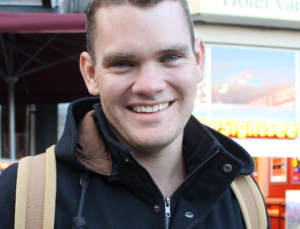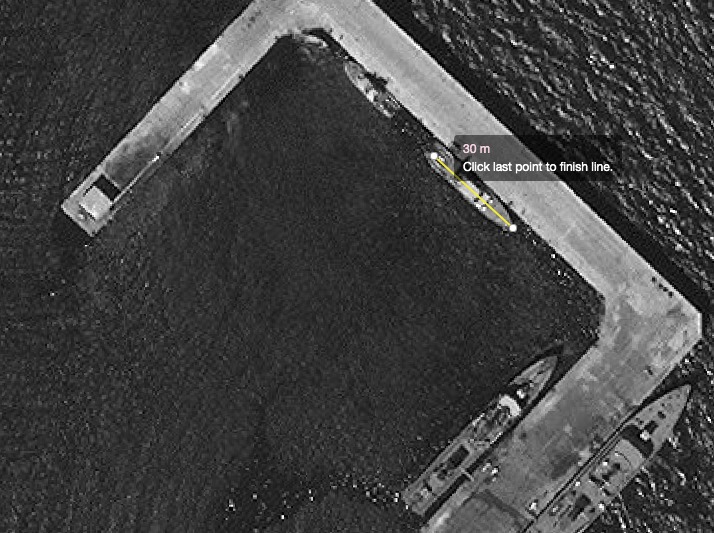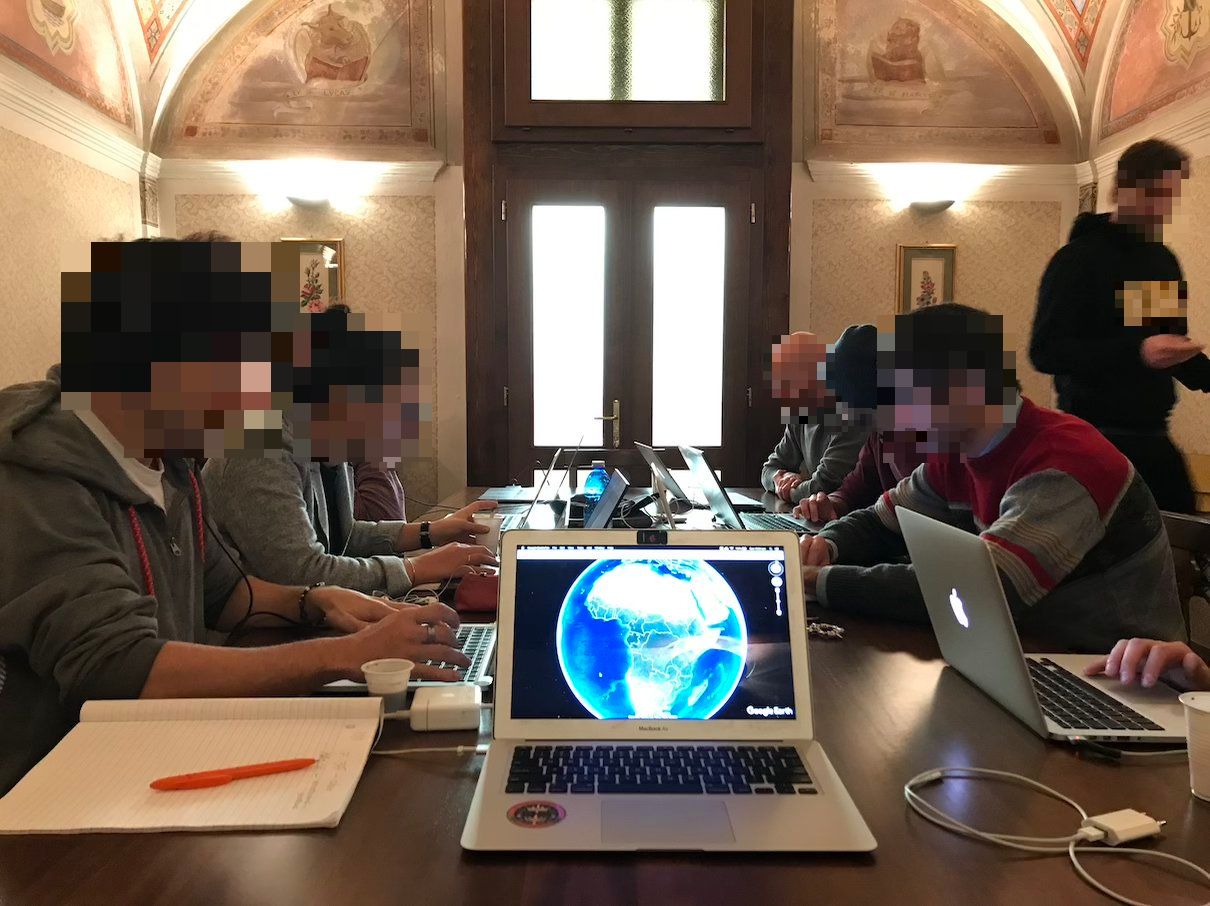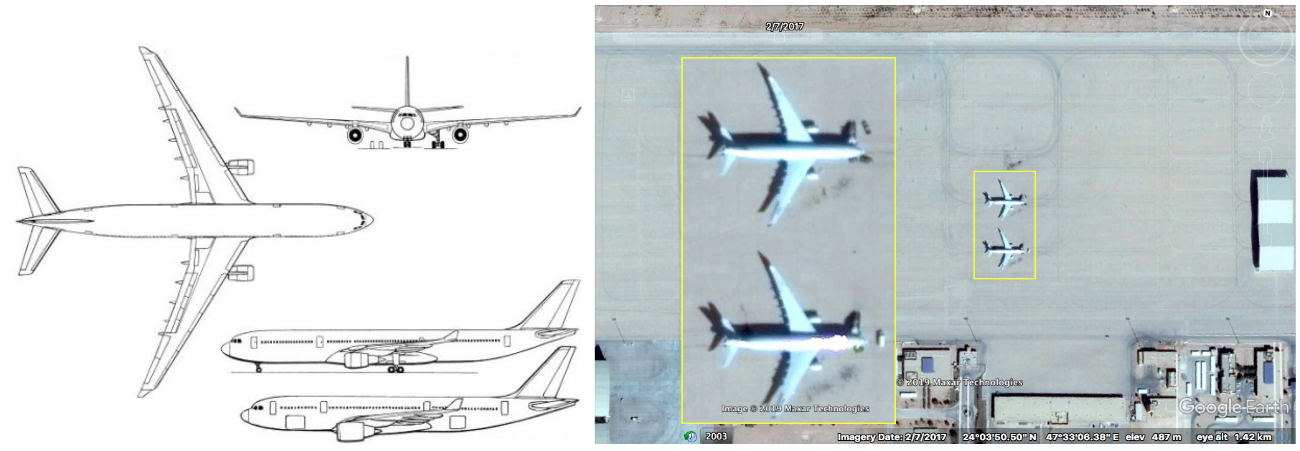Three Berries
Active member
Anonymous is Deep State, FWIW. They would be supporting the Ukraine Nazis.
Not a single word of that is remotely true in any reality
Was that before or after Russia lost their third general?
One of the secret labs was breached by Russian artillery thereby releasing thousands pigeons and other species of birds, programmed to fly throughout Russia, with the largest flock heading to Moscow. Upon reaching their various destinations, chips implanted in each bird will release biological disease specifically designed to infect Y chromosome haplogroups DNA marker types. The designer disease is deadly and short-lived so to die out rapidly preventing infection of related DNA groups like Ukraines and Fins.
This was also predicted by the Tartessian stele, on the B side.

Right here. Note the hypodermic needle and syringe.

One of the secret labs was breached by Russian artillery thereby releasing thousands pigeons and other species of birds, programmed to fly throughout Russia, with the largest flock heading to Moscow. Upon reaching their various destinations, chips implanted in each bird will release biological disease specifically designed to infect Y chromosome haplogroups DNA marker types. The designer disease is deadly and short-lived so to die out rapidly preventing infection of related DNA groups like Ukraines and Fins.
Right here. Note the hypodermic needle and syringe.

Anonymous is Deep State, FWIW. They would be supporting the Ukraine Nazis.
There are only two sides to this.It starting to sound like everyone is Deep State save for about 5 people on ICMag.
 Benjamin Strick
Benjamin Strick


There are only two sides to this.
Ah, the old ‘for us, or agin us’.
Good vs Evil
:format(jpg)/f.elconfidencial.com%2Foriginal%2Fd61%2F0b5%2Fa03%2Fd610b5a03dcca46f738d9706a08e0585.jpg)
:format(jpg)/f.elconfidencial.com%2Foriginal%2F70e%2F078%2F635%2F70e078635942b3a0f10b134ae1151c3f.jpg)
:format(jpg)/f.elconfidencial.com%2Foriginal%2Fcb1%2Fcd6%2F2a4%2Fcb1cd62a46cd4ec3b695ff91f6d494bb.jpg)
:format(jpg)/f.elconfidencial.com%2Foriginal%2Fcb1%2Fcd6%2F2a4%2Fcb1cd62a46cd4ec3b695ff91f6d494bb.jpg)
:format(jpg)/f.elconfidencial.com%2Foriginal%2F978%2F9b7%2Fe4d%2F9789b7e4d94000627fe97ee919eb5bd8.jpg)
:format(jpg)/f.elconfidencial.com%2Foriginal%2F978%2F9b7%2Fe4d%2F9789b7e4d94000627fe97ee919eb5bd8.jpg)